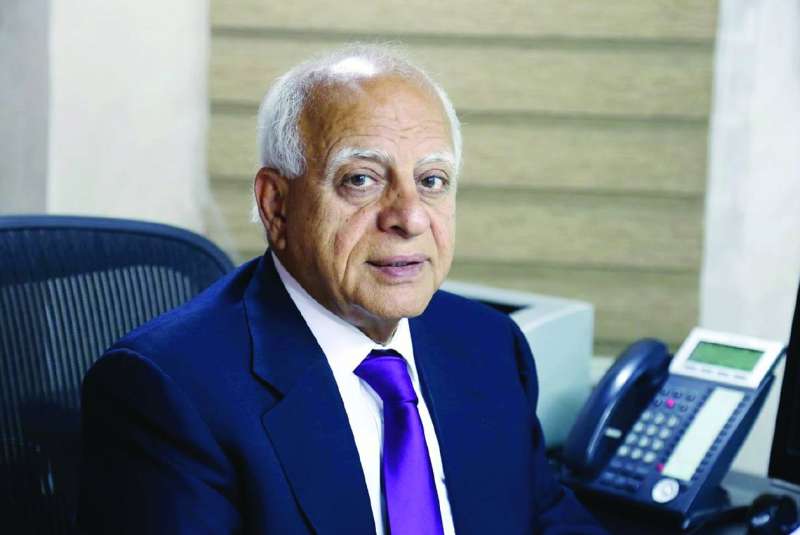04/08/2024
04/08/2024
O their independence from Britain, and before that, n July 4, 1776, thirteen American states declared those who later became known as the “Founding Fathers” signed the Declaration of Independence, which later became a global document, in its great contents, some of whose provisions were not included in any similar document, such as the following text:
“We hold these truths to be self-evident, that all men are created equal, that they are endowed by their Creator with certain unalienable Rights.”

This is one of the most famous sentences in the English language, and the most powerful in expression and arrangement in American history, and it has become for many people the moral standard that the United States must defend.
This point of view has influenced many, including President Abraham Lincoln, who later led the battle to ‘abolish slavery’ in America, after his victory in the Civil War between the conservative northern and southern states.
But what happened to the 56 men who signed the Declaration of Independence?
Looking back at the sources, we find that the fates of these signatories were varied, as many of them faced significant challenges in their lives after signing the Declaration. John Hancock, who was the president of the Continental Congress and later became governor of Massachusetts, was not directly harmed, but he faced significant political and economic challenges.
Thomas Jefferson, who is credited with writing the Declaration, lived to become the third president of the United States, and his political life was filled with both achievements and challenges.
Benjamin Franklin, who appears on the $100 bill, was a scientist and diplomat who later became one of the most prominent Founding Fathers of the United States. He spent his last years in public service and was not directly harmed.
John Adams, who later became the second president of the United States, although he faced great political challenges, was not directly harmed. The rest faced different fates, many of them lost their property, others were imprisoned and tortured by the English governor, and others were held for long periods as prisoners.
This is in addition to the poverty, challenges and economic hardships that the majority faced, and despite that, they are all considered national heroes in the history of the United States, who made great sacrifices for freedom and independence.
We remember all these lessons, these days, recalling the lessons of Saddam’s invasion, from which we did not learn much, and to praise what the founding fathers of America did, and the great role of that country in liberating our homeland and our people from the yoke of Saddam’s rule and his criminals, when it sent about half a million soldiers to liberate us, despite the fact that some of our newspapers, at the time, and our representatives were cursing it and boasting about Arabism and absent pride.
America paid billions of taxpayers’ money to liberate Kuwait, and bore the cost of writing off Egypt’s debts and others, to urge them to stand with us. Its largest share of the 292 soldiers who were killed in the war to liberate Kuwait were from the coalition forces, and it rejected all of Saddam’s tempting offers to give it military facilities, and cheap Iraqi and Kuwaiti oil in exchange for being left alone, but America mocked him and his ridiculous offers!
Only an ingrate would deny America’s great role in liberating Kuwait, in an operation unprecedented in history, where it did not take a single dollar or a barrel of free oil in return for everything it offered. Nor did any American soldier or any of the Allied forces, even reach for a box of matches or a small doll.
Her great leadership also played a role in winning Congress over to the war side, and exerting strenuous efforts to neutralize the Soviet Union and China, and dealing firmly with the position of French President Chirac, Saddam’s friend, in addition to her greater role in convincing Israel not to respond to the Iraqi missiles, to foil Saddam’s plan to drag it into the battle, and to give the occupation a national dimension.
Our biggest streets should have been named after Bush, Thatcher and Schwarzkopf, as Western European countries did after World War II, but it seems they didn’t need this ‘favor’ anyway!
In conclusion, we hope that the American position on the Palestinian issue will change and that they will be recognized as an independent state.
e-mail: [email protected]
By Ahmed alsarraf


